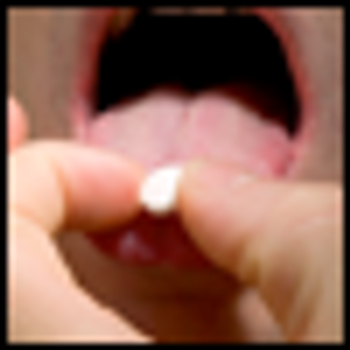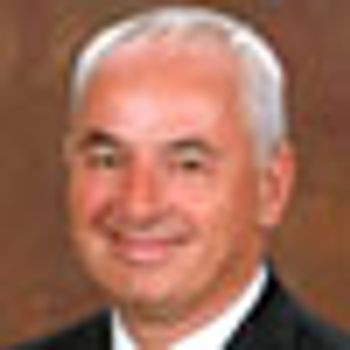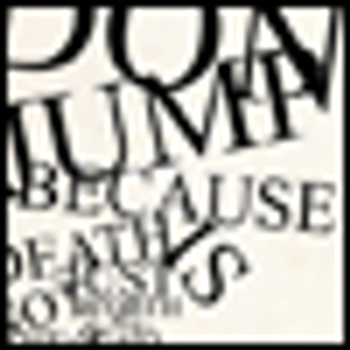
With the recent tragedy in Colorado and the high likelihood that questions about psychiatry will be inextricably tied into it, guidance for practicing psychiatrists can be gleaned from this coincidence.


With the recent tragedy in Colorado and the high likelihood that questions about psychiatry will be inextricably tied into it, guidance for practicing psychiatrists can be gleaned from this coincidence.

Anti-psychiatry proponents forget it is widely recognized that the DSM is a provisional diagnostic system pending progress in better understanding uniquely human disorders of our most complex organ.

The role of subtyping and bipolarity in TRD was discussed in Part 1 of this 2-part article. Here we review a number of the most common confounding factors of TRD but limit our scope to comorbidities that can be directly addressed and treated by psychiatrists.

Ongoing advances in functional brain imaging will permit studies on postulated roles of magnetic fields, biophotons, and macroscopic highly coherent quantum field effects on normal brain functioning and mental illness.

Should we accept the analysis of a journalist who has not treated a patient or implemented a study and reaches conclusions that run counter to well-established practice guidelines?

Our current diagnostic system is based more on subjective clinical judgments and less biological psychiatry. There is not one way to develop symptoms of schizophrenia or bipolar disorder or autistim or OCD.

Weight gain is a known side effect of some medications for schizophrenia. Here: strategies to prevent and manage weight gain.

Importantly for lay and clinician readers alike, the book Monkey Mind: A Memoir of Anxiety reads as humor-laced triumph with many lost battles along the way rather than enduring unrelenting tragedy.

In schizophrenia therapy, perphenazine can play in combating symptoms and in preventing relapse, though it can be associated with metabolic side effects.

Evidence suggests that cannabis is associated with an increased risk of psychosis when it is used frequently. Marijuana doesn't count, does it?

Here: nutritional supplements and over-the counter medications in schizophrenia management.

In this video, international expert on schizophrenia, Peter F. Buckley, MD, gives an overview of what's new in schizophrenia and discusses the state-of-the-art of diagnosis and management of this complex and challenging disorder.

In light of our problems and uncertainties about the state of current psychiatry, or perhaps because of them, what might describe good psychiatry? Following are some suggestions for what we, as psychiatrists, can do.

Here: an unforgettable tale about schizophrenia and its impact on one girl's family.

An increasing number of patients are being brought to the emergency room because of bath salts and/or herbal incense toxicity.

It is important for the inpatient psychiatrist to understand the perspective of the newly admitted patient. Many patients will find the experience depersonalizing, threatening, and socially alienating and may perceive it as a personal failure.

The Suicide Risk Screening Alert is a clinical tool that assists the psychiatrist and nonpsychiatric physician in identifying patients at risk for suicide during brief medication management appointments.

Ongoing shortages of several psychotropic medications have wreaked havoc among patients and their families, caused frustration and reluctant prescription switches among physicians, and prompted investigations by Congress.

Dr Michael Thase touches on an APA presentation about newer applications of cognitive therapy for disorders such as schizophrenia and bipolar disorder.

Staying empathic and keeping the conflict within the patient instead of between the patient and health care provider, is a key to successful management.

The trouble with answering this question is that I couldn’t – and still can’t – recall the “best” memory. What much more readily came to mind are some of the worst memories.

The paradigm for modern psychiatry is evidence-based medicine (EBM)-it represents proven treatments for defined diagnoses. But there are major problems with this position, starting with the fact that while they are superior to placebo, evidence-based treatments too often are ineffective.

In a recent interview on 60 Minutes, Harvard psychologist Irving Kirsch, PhD, commented, “the difference between the effect of a placebo and the effect of an antidepressant is minimal for most people.”

Much could be gained if an agreed minimum set of appropriate and important outcomes was measured and reported in all clinical trials in a particular area.

Insight can be assessed in the course of a typical evaluation or follow-up interview with augmentation by questions borrowed from any of the validated insight rating scales.